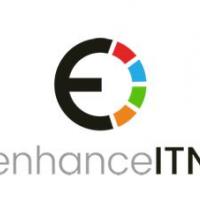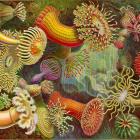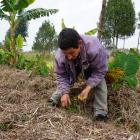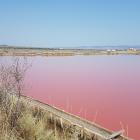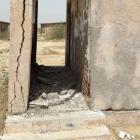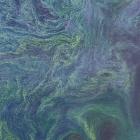"The Influence of Climate Fiction: An Empirical Survey of Readers"
Matthew Schneider-Mayerson investigates the impact of climate fiction on American readers through a qualitative survey, and assesses the results based on concepts borrowed from ecocriticism, environmental psychology, and environmental communication.


